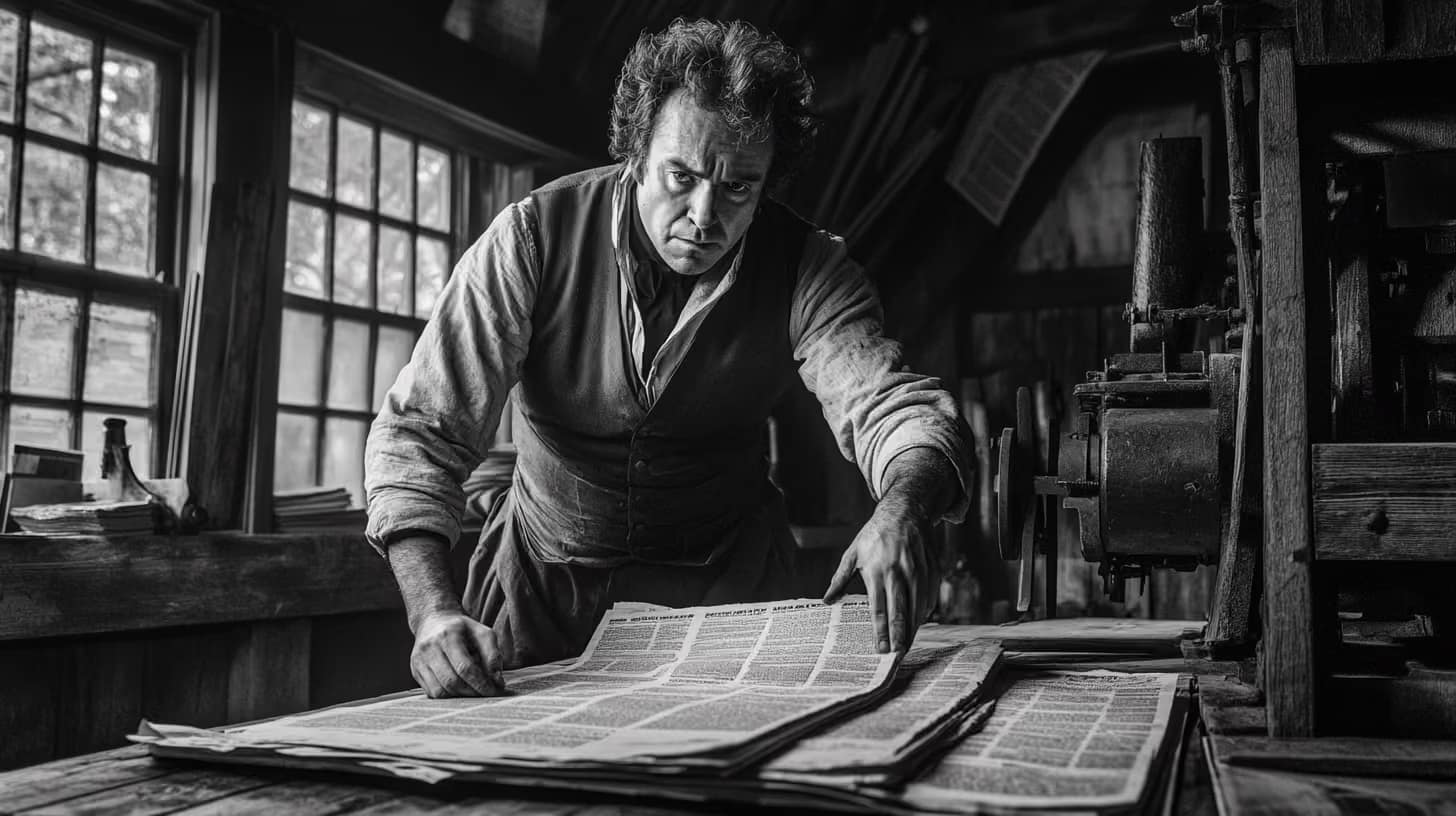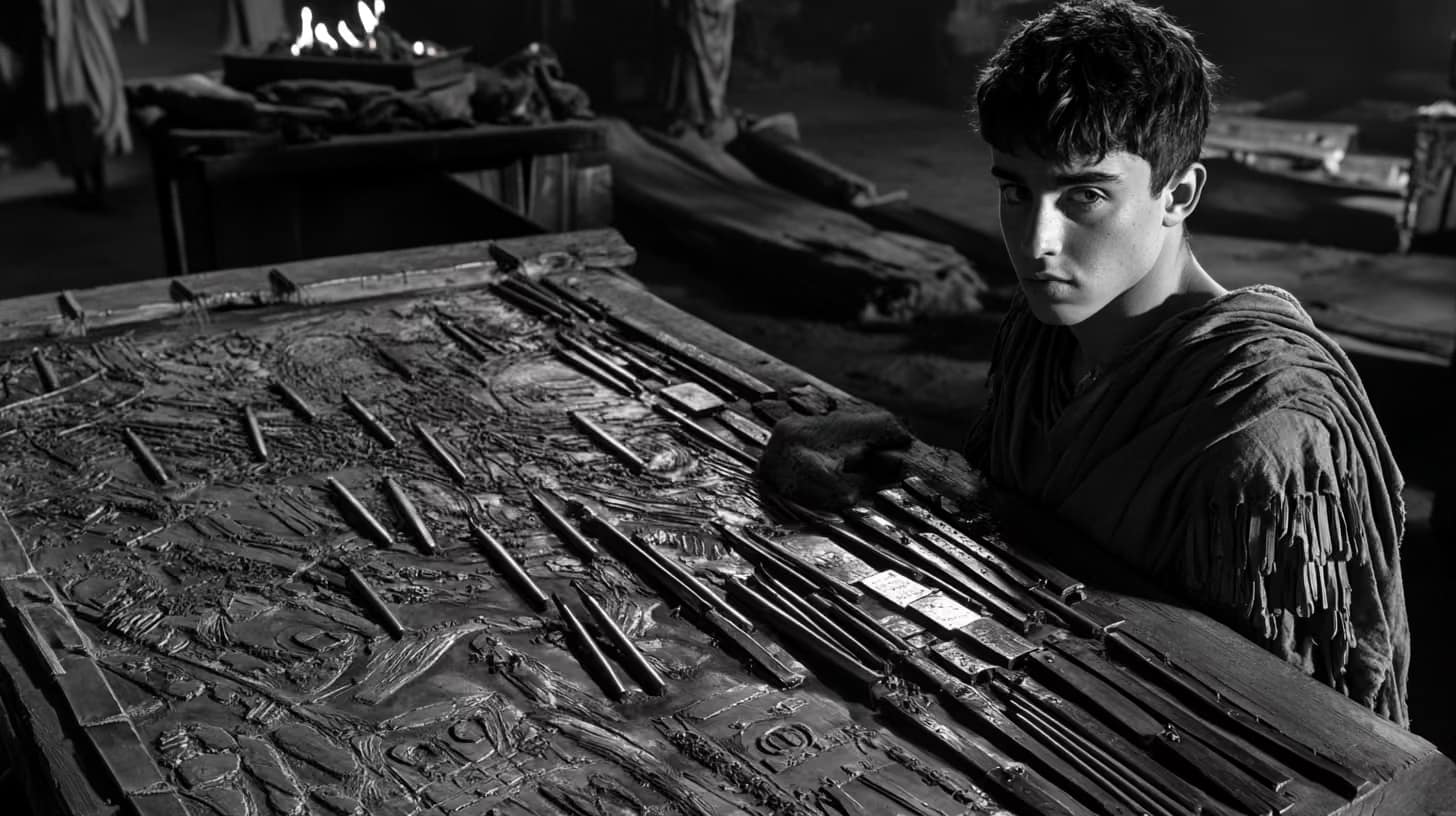
Courtney: The industry that I predominantly work in are local contractors—so general liability, workers’ compensation, property—and then microbreweries, mainly in California, just because that’s my state.
I also am on the board of Innovate North State, which is a non-profit organization that’s local. It’s dedicated to raising the tech industry in the 530 area code, basically, by bringing people together with money and providing ancillary systems.
So when I’m talking to somebody about insurance, certainly, their industry can dictate what they need and when they need it and all that stuff. But on an individual basis, it really comes down to if somebody’s making you do it, what you want, whether or not you’re sort of risk-averse and you want somebody to get in deep into the insurance so you have a really good idea of where your risk is, how much it costs to set that up, or whether or not you’re just going to give them the bare bones of what you need, and the rest of it, you’re just going to put on your shoulders.
Nate: You mentioned before the state of California. Business insurance in general, is that something that’s done at the state level, or is it more of a federal thing? I mean a national thing, excuse me.
Courtney: Actually, there isn’t any government entity that I can think of that just generally requires that you have general liability insurance. Certainly, it’s a federal mandate that workers’ compensation is provided whenever you have an employee. But that’s the only one that there’s a government requirement about. Most of the time, when people pick up general liability insurance, when they get it for the first time, it’s because somebody told them that they need to have it in order to make money off of them.
So that’s sort of somebody’s entrée or foray into getting insured. A lot of times, you have to have insurance in order to satisfy a lease agreement. So as soon as you have a landlord, you have insurance. There are jumping points where you get insurance—
Nate: Personally, I’ve had renter’s insurance since college. It’s one of those things that a small amount of money has saved my butt countless times. I’m ex-military. I’ve moved a lot. I’ve got good auto insurance. That’s pretty much it.
But in the business realm, if you have an actually true blue employee—a W-2 employee—then the general liability insurance and workers’ comp are all required.
Courtney: Just the workers’ comp. General liability, you can still fly solo on.
The Home Office Warrior
Nate: Now, for folks that are home office warriors—plenty of people that have home offices actually have employees as well. Say you’re doing some work Innovate North State. That must mean you encounter lots and lots of tech startups. What do you advise them to do?
Courtney: I wait to find out what they want to know. I don’t go in with a pre-packaged plan and a set of instructions or anything like that. I basically wait to hear what it is that they’re calling me for, and then I guide them to the best of my ability in solving their problem or getting what’s being required.
Little tech startups are usually young people without much money. They’re working from home or just need a computer or whatever. It just isn’t going to make sense for them to get liability insurance, even though there is some risk out there. They’d literally have to, in the course of their business, create damage to somebody else’s property or have somebody get hurt in the course of their business for liability to trigger.
Generally speaking, they’re not going to feel like spending $500 a year on something that they’re not even going to recognize as a value until somebody’s going to make them do it.
Nate: Well, should they?
Courtney: If somebody’s going to ask me whether or not somebody should purchase insurance, the answer’s probably going to be yes because I’m not going to be the person who’ll say, “Don’t get it.”
Nate: (laughs) I never thought about it that way, but fair enough. “My insurance guy told me I don’t need this at all.” (laughs)
Courtney: Right. That’s a dangerous game to play. Plus, I don’t make any money when I don’t sell anything.
Cyber Liability
Courtney: Some people are risk-averse, and they think about getting insurance before somebody tells them to. So if that happens, then we start talking about what it is that they do and where their exposure lies.
So if somebody’s in the tech field, they’re going to have more of a contractual or (indistinct) exposure, or maybe a cyber liability exposure, which is actually where somebody takes information from your computer or from your website or some place that you control electronically, I guess, and uses it to cause injury or damage. Or if somebody had their identities stolen, that’s where cyber liability would come into play.
Nate: Tell me a bit more about that. I’ve never heard about that before.
Courtney: Yeah, it’s a fairly new thing. I don’t do a whole lot of it just because I basically play catch when it comes to mainstream business, so I just don’t have a ton of it. But if I was to identify a need that a company would have in that space that isn’t immediately provided and nobody requires it, it would be the cyber liability.
Common Business Insurance Mistakes
Nate: What are the common mistakes that a business owner makes with insurance? You already alluded to the fact where they jump the gun because they are risk-averse, as you would say. Are there any other common mistakes you see business owners make when it comes to their insurance?
Courtney: Sure. The fact of being risk-averse—there’s also being risk-tolerant, which is also a danger today because then you don’t have insurance when the time comes to make a claim. In a more technical way, something that’s always observed as a circular conversation with people is when they need to get the workers’ comp. We’ve had a lot of people who like to call their employees—they end up with a contractor so they don’t have to get workers’ comp. But they don’t really spend a bunch of time figuring out whether or not the government would agree with them.
Basically, if you can tell the person who’s working for you what to do and when to do it, then they are an employee. So an industry that does this all the time would be like hairdressers. The other people rent a chair, but the owner of the hair salon gets to tell the person when to be there and how to go about doing what they do because they’re representing the brand. That makes them an employee in the eyes of the government.
Nate: Are there any other common mistakes that you see?
Courtney: Really, it’s a lack of paying attention to the forms in front of you. Insurance is a contract, and it is defined and translated by adjusters and judges, depending on whether or not you end up in court or whether or not your claim is covered. But what people do is they get their insurance policy when it’s sold to them, and they buy the cheapest thing that they can find because insurance is just a pile of expensive paper that makes no sense and that they shove into a corner, and then when the shit hits the fan, everybody starts blaming everybody.
The ones that I enjoy doing business with the most are the ones who really take the time to look at it and have questions and want to understand what they’re purchasing because then when you get to the point where there’s a claim, everybody’s on the same page. You either have coverage or you don’t, but nobody’s playing the blame game.
The Moment Of Arrival
Nate: So you’ve been a business owner for a while. Was there ever a moment that you felt you had arrived? Even just a flash.
Courtney: No, but I’m pretty close.
Nate: Tell me about that.
Courtney: Our exciting thing that we’ve been doing for the last couple of years is the brewery thing. Breweries are exploding across America, and not only are new ones popping up like crazy, but they are exploding in size from year to year in growth. This time last year, by falling on my face, I realized that there was a pot of gold beneath my face when I fell.
I ran into a dude that has a boutique insurance program that was dedicated to wineries across America. He grew it into the biggest winery program in America. We started chatting about how it makes perfect sense to roll a winery insurance policy into a brewery insurance policy because the coverages and the exposures and everything are pretty much the same.
So he and I created the language for the brewery insurance policy, and then I leveraged it up the chain and introduced it to the California Craft Brewers Association—the voice of 600 breweries in California, or whatever. Then he hand-picked some other brokers who also know breweries—two in Southern California and one more up here in Chico—to be the exclusive agent for it.
It’s just been announced on the national level, and then it’s getting dialed back to being announced in California, where the Brewers Association is going to be doing the push-off to encourage the members to come in and join.
Nate: You were able to get the Brewers Association to give that kind of endorsement for you?
Courtney: Yep.
Nate: Wow. That must have taken a bit of negotiating. (laughs)
Courtney: No, I just walked in and told them what I wanted to do.
Nate: Wow. Man.
Courtney: I connect with brewery people. They’re a different group, and they respond to me based on my persona. All my friends work for Sierra Nevada Brewery, so I’m one of the brewery people more than I am an insurance guy.
Nate: Since you’ve been spending a lot of time in the craft, in the microbrewery business, in and around that ecosystem if you will, since it’s booming right now, that also means that competition is going to go up. If you could guess where it’s going, what do you think it’s going to do?
Courtney: Do you mean my competition or breweries—?
Nate: Breweries in general—just that industry.
Courtney: All right. I’ll answer it for both sides. The craft brewery industry makes up, I believe, 13% of the amount of beer that’s drunk in America, and the rest of it is by Miller, Coors, Pabst, Corona, whatever. So that’s nothing. And especially with the whole local movement thing, the craft breweries can grow a lot. If they take 3% away from Miller, Coors, Bud, that is a humongous amount of money for craft breweries, but it’s a small piece of the pie in terms of total. So there’s a lot of room to grow.
The problems are A) talent, B) product—being able to get the hops you want, the grain and all that stuff. So there is a bubble that is rising. When it pops, I’m not really sure. It’s really going to be when people can’t get what they need in order to produce the beer that they want. Then what’s going to happen is the talent will rise to the top. The people with less talent will fold up and go away, and then I think the people with the talent will continue to explode.
In terms of insurance, there are a gaggle of idiots that all are starting to pretend like they’re brewery specialists. So there’s definitely more competition just because there’s more chatter, but I’m going to win because I beat them all to the starting point.
Courtney Nelson owns and operates the Bidwell Insurance agency in Chico, CA.







